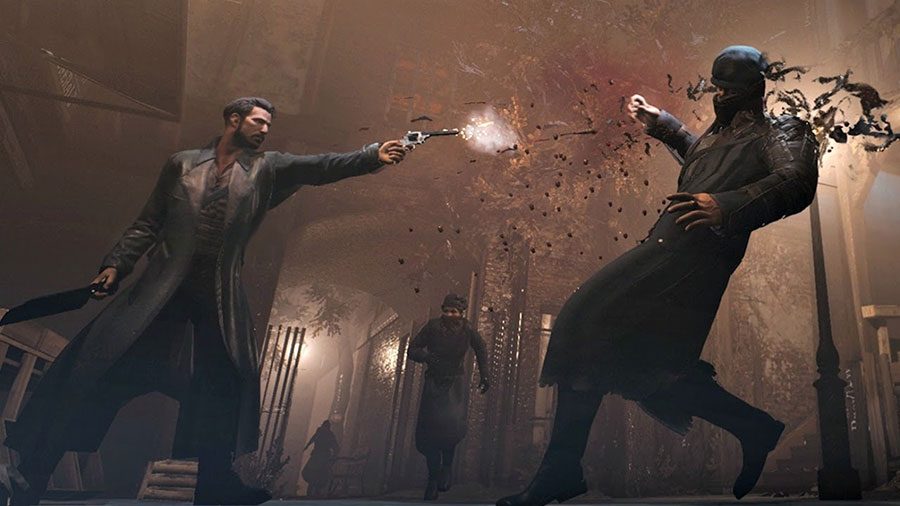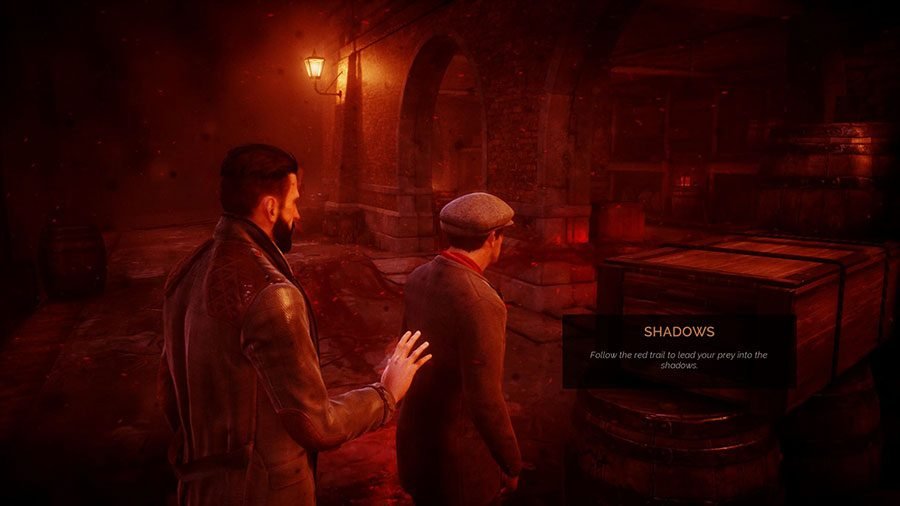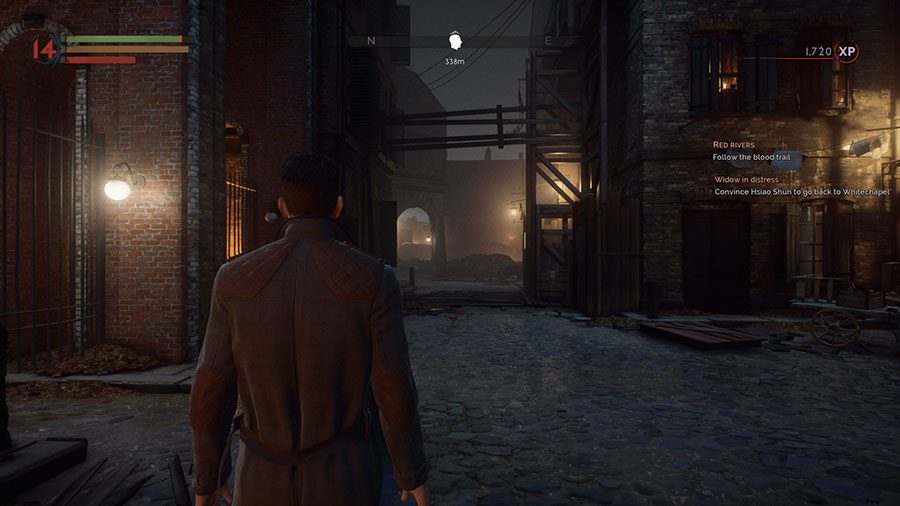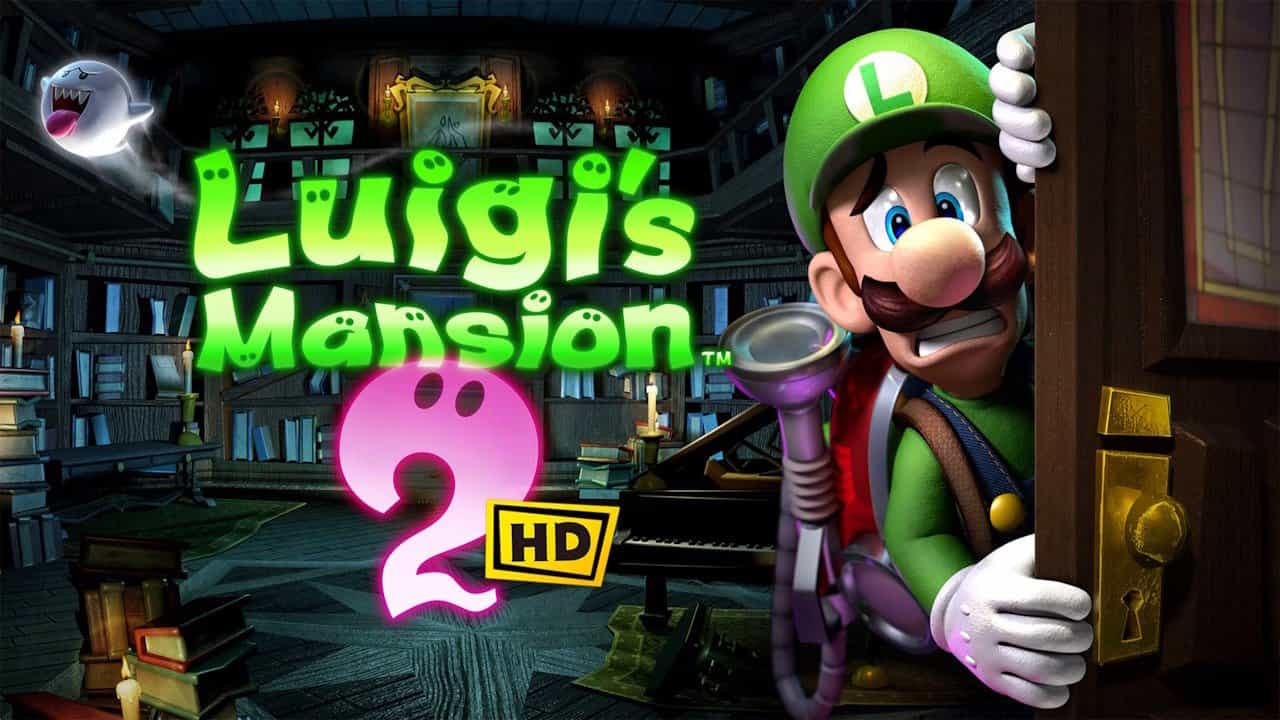Vampyr Review

Official Score
Overall - 60%
60%
Vampyr is a collection of wonderful ideas held back by a limited budget and a dated engine. The lack of expression and emotion on the faces of London's many characters, and often disjointed lines of dialogue, plague any hope of being fully immersed in this dark re-imagining of London. A fluid and well designed combat system, alongside the infinitely appealing aspect of battling with morality as a creature of the night, offer plenty for those looking for a new angle on the vampire story, but for those wanting a more complete experience, it may not make the mark.
London in the early 1900’s wasn’t the beacon of industry and culture it is today. Its inhabitants living in fear of another bombing raid, gripped by another outbreak of the deadly Spanish Flu, it wasn’t just a tough place to live; it was a tough place to survive. Throw in some undesirable creatures of the night, and you’ve got a recipe for pure chaos. Dontnod Entertainment’s Vampyr puts players in the shoes of Dr. Jonathan Reid, a once proud surgeon who now needs to feed on the lives of those he once fought to cure in a twist adventure of choice and consequence. Does Vampyr offer enough substance to sink your teeth into?
Vampyr Review
Vampyr manages to create a level of moral dilemma rarely seen in games based on similar myth and lore. While the more popular approach tends to focus on violence, gore, and a twisted sense of romance, Vampyr tells its narrative from somewhere a little closer to home. Jonathan Reid is, by choice and career, a healer. He is a renowned surgeon known for his scientific advances working with human blood. His affliction, vampirism, does not change the moral fiber that is woven into his being. Rather, it presents a journey of survival versus morality. This becomes a very powerful narrative when it works alongside mechanics designed to immerse the player in that same struggle of morality.

You witness a brutal and seemingly meaningless murder, committed by a vile man void of the morality and guilt that plagues you. Does that make it right to take his life? Is it right to take solace in your judgement of another person’s right to live, or is that merely a tool of denial as you wrestle with the moral implications of the choice placed in front of you? That’s what Vampyr offers at its very core: an inner battle of morality where your decisions directly impact the flow and difficult of the entire experience.
Throughout the game, Dr. Jonathan Reid has the opportunity to embrace any of the citizens of London that he encounters. Absorbing the life blood of the very people he was trained to save is how you increase in power, granting large bonuses to experience points which, in turn, can be used to purchase deadly new vampiric abilities. This presents the player with a difficult choice – do you struggle through the combat scenarios with your vampiric abilities weakened, or feast on those around you and breeze through them?

Taking the life of London’s innocents can be a complicated process. The 1918 era of London is divided into districts, with each district housing different characters and supporting different relationships. Whether you choose to experience the full array of emotions and events tied between the citizens is entirely down to you, but while it’s a rewarding and intriguing process, it’s also rather unimaginative and predictable. Many of the more interesting personalities and traits are hidden behind locked hints, which can be opened through deeper conversation with other civilians, or discovering hidden items in the environment. The becomes very daunting as you meet eight new people, each with three new locked hints and no obvious way to unveil them. This often results in wasted time running around the environment mashing the interact button, or speaking to every character multiple times to ensure you haven’t missed any dialogue options. The frustration of this repetition grows, as exploration is very limited based on your story progress. Mr. Reid can use his vampire-like swiftness to teleport short distances, but is unable to get past a five foot wall or a locked gate?
Outside of Vampyr’s unique take on social morality and consequence is an exciting combat system that is both challenging and exciting. The exact difficulty depends on how many innocents you’ve slaughtered on your path, but both sides of the scale seem balanced and often result in satisfying combat scenes with various abilities and methods of taking down your opponents. Those choosing the life of a vampiric abstinence won’t have the opportunity to enjoy some of the more powerful attacks, but that’s all part of the choices you make. Feeding on the odd bit of pig, if you can deal with the inner guilt, delivers a line of increasingly impressive vampire-inspired abilities that are as deadly as they are supernatural.

Vampyr is a collection of wonderful ideas held back by a limited budget and a dated engine. The lack of expression and emotion on the faces of London’s many characters, and often disjointed lines of dialogue, plague any hope of being fully immersed in this dark re-imagining of London. A fluid and well designed combat system, alongside the infinitely appealing aspect of battling with morality as a creature of the night, offer plenty for those looking for a new angle on the vampire story, but for those wanting a more complete experience, it may not make the mark.



